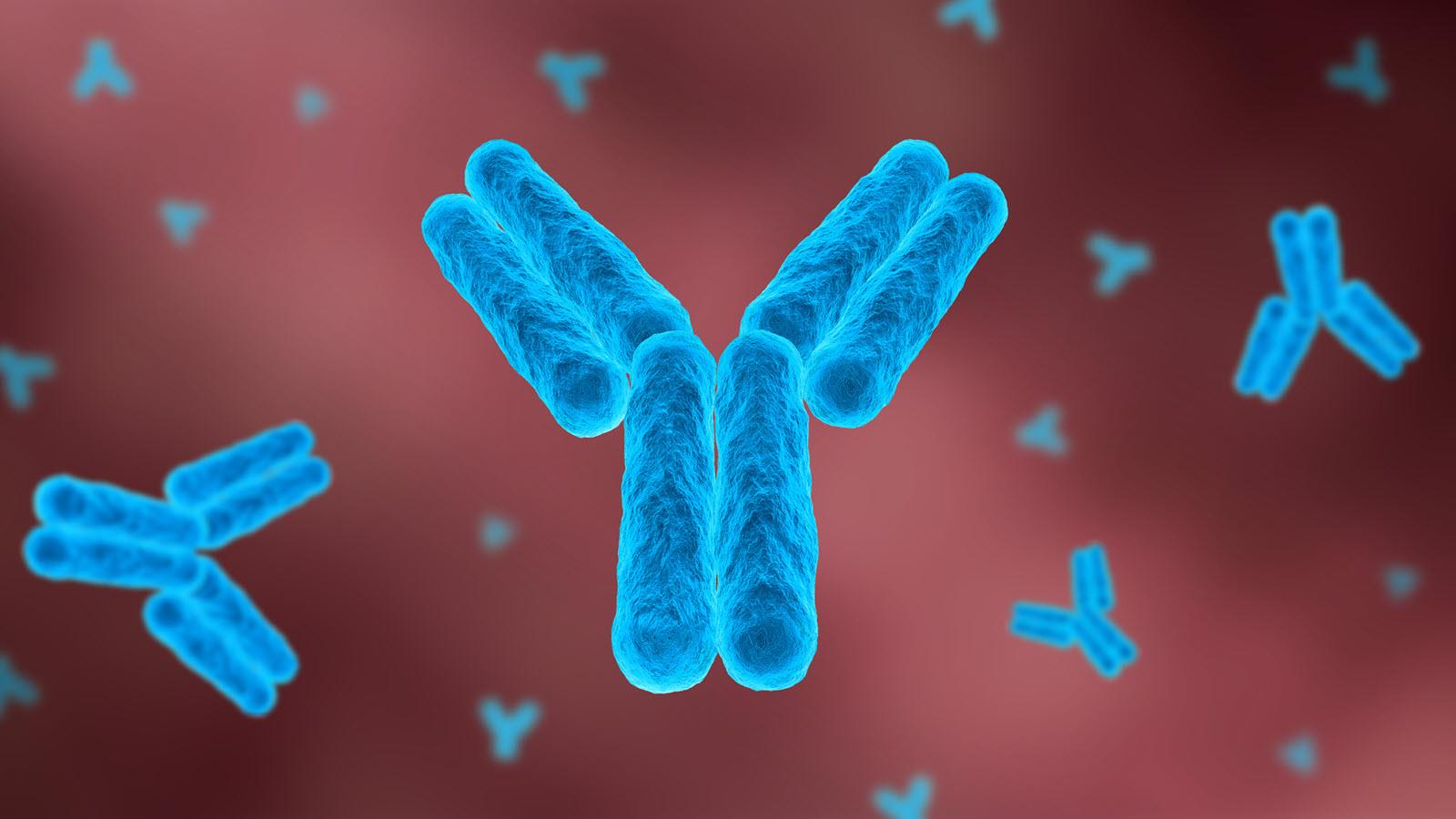The last few pandemic years have made everyone more aware of antibodies, that critical component of the immune system that fights infection and prevents illness. So what does it mean for your health if you are antibody deficient?
To answer that question, Javier Chinen, MD, PhD, an allergy and immunology specialist at Texas Children’s Hospital, recently spoke at an educational forum presented by the Immune Deficiency Foundation.
First off, not all antibody deficiencies are the same. Treatment varies depending upon the type and severity of the condition. Common variable immunodeficiency (CVID) and specific antibody deficiencies are among the causes, but there are additional reasons, such as cancer or certain medications.
What is antibody deficiency?
In general, a person with an antibody deficiency can expect more frequent and more severe infections, Chinen said.
“When we talk about antibody deficiency, there are two [situations] that we need to keep in mind,” Chinen said. “One is where we don't have enough. Or, we have enough — or at least it looks like we have enough — but these antibodies don't work.”
So an antibody deficiency can be an issue of quantity or quality. If it’s a quality problem, people have normal levels of antibodies, but for some reason they aren’t working well. Why? There are several possible reasons because antibodies rely on other components of the immune system, like helper T cells and immune hormones called cytokines, in order to work properly. If anything goes wrong with these interactions, the antibodies can’t do their job.
For those who have a quantity problem – people who don’t have enough antibodies, there are two causes: either the body is not producing enough or it’s losing antibodies somehow. The loss of antibodies, more common in adults than in children, can be caused by conditions such as kidney problems, diarrhea or severe edema (fluid retention in your body’s tissues), Chinen said. Losing antibodies can be less harmful to a person’s immune system than not making enough in the first place, because the body can still sometimes mount a defense against pathogens.
If a person doesn’t make enough antibodies in the first place, the cause could be common variable immunodeficiency (CVID), specific antibody deficiency, agammaglobulinemia, selective IgA deficiency or another immune system problem, Chinen said.
Some forms of antibody deficiency are genetic. Many genes that can impact antibody deficiency have been identified, but the relationships are complex and involve the interactions of many genes as well as environmental factors.
The impact of antibody deficiency on health
Antibodies can be the difference between coming down with a minor sore throat and full-blown pneumonia, Chinen said. People with a deficiency should also expect more inflammation, like more swelling and more severe fevers, and a longer time to recover from illness.
“If a person has an antibody deficiency, that means that the person might have a higher risk of an increased frequency of infections,” he said. “But we don't put a number on it, because it depends on the lifestyle of each individual.”
Antibiotics are also not as effective in people with an antibody deficiency, since they’re meant to assist the immune system, not replace it.
Tips for patients who have antibody deficiency
Of course, patients should talk with their immunologist, get an accurate diagnosis and the most appropriate treatment. Beyond that, Chinen suggests patients take precautions to stay healthy. Make an extra effort to prevent infections by practicing proper handwashing, and avoiding crowds and person-to-person contact when possible, he said. Depending on where you live, drinking only boiled or bottled water can prevent water-borne illnesses.
Also keep an eye out for non-infectious complications related to antibody deficiencies, Chinen said. People with lowered immunoglobulin can be at risk for problems that include enlarged lymph nodes, an enlarged spleen, autoimmune problems, joint pain, chronic lung disease, anemia and thrombocytopenia (low blood platelet count). Schedule regular visits with your clinical immunologist, Chinen recommends, to stay well and understand which problems are due to infection and which are not.



